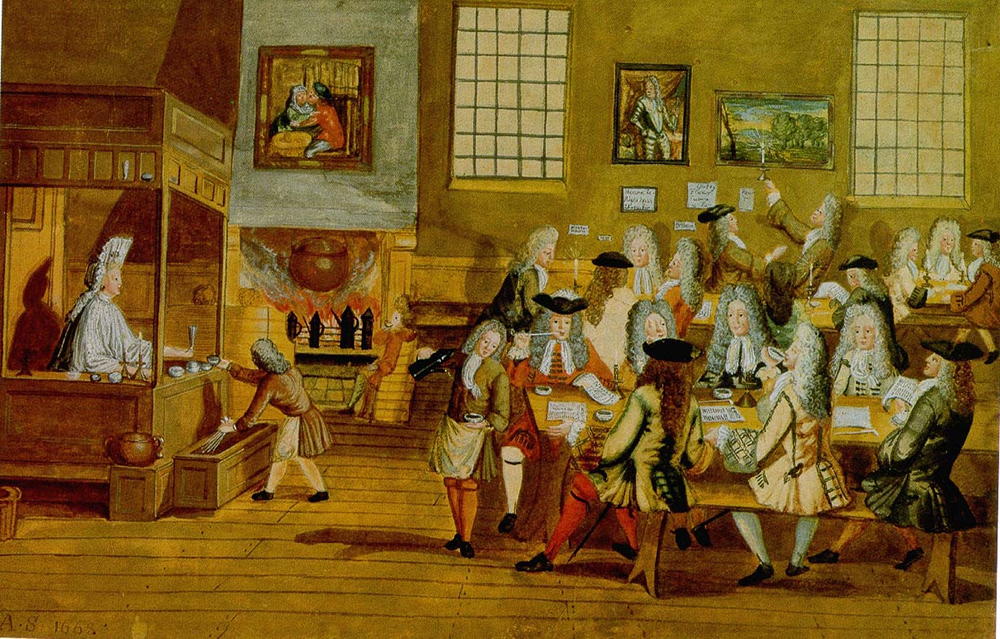 2017
2017
Kellyanne Conway speaking with political commentator Mercedes Schlapp at the Conservative Political Action Conference (CPAC), February 2017. Flickr.
Since Donald J. Trump’s election last November, the issue of fake news has been front and center, taking hold of the news itself. At the end of June, three senior editors at CNN resigned after an article about Russia was retracted; countless articles about journalistic integrity have appeared since. Politico reports the Trump cabinet’s latest accusation against the media:
Counselor to the president Kellyanne Conway, appearing Monday morning on Fox News’ Fox & Friends, said the media have paid too much attention to the president’s tweets and not enough to the substance of the policies he has advocated, including an overhaul of the nation’s health care system.
“The media have now moved on from Russia to cover themselves, and I doubt that’s going to help their 14 percent approval rating. The American people see that they’re trying to interfere with the president communicating directly through his very powerful social media network channels,” she said. “But also, they notice that they don’t cover the substance of the issues. Look, I know it is a heck of a lot easier to cover 140 characters here or there or what the president may be saying about the media here or there than it is to learn the finer points of how Medicaid is funded in this country and how that would or would not change under the Senate bill.”
 1631
1631
Seventeenth-century gouache drawing of a London coffeehouse, where people regularly read news pamphlets and debated current affairs. British Museum.
When the first booklets reporting on foreign affairs were published in 1620s London, they were met with immediate distrust. Ben Jonson described a weekly news organization as “a weekly cheat to draw mony” in The Staple of News (1625). In his satirical sketches Whimzies: or a New Cast of Characters, Richard Brathwait also seized on public furor to decry the corrupt journalist:
Thanks to his good invention, he can collect much out of a very little: no matter though more experienced judgements disprove him; he is anonymous, and that will secure him. To make his reports more credible, more vendible, in the relation of every occurrent: he renders you the day of the month; and to approve himself a scholar, he annexeth these Latin parcels, or parcel-gilt sentences, verteri stylo, novo stylo. He has now tied himself apprentice to the trade of minting: and must weekly perform his task, or (beside the loss which accrues to himself) he disappoints a number of no small fools, whose discourse, discipline, and discretion is drilled from his state-service. He would make you believe that he were known to some foreign intelligence, but I hold him the wisest man that hath the least faith to believe him. For his relations he stands resolute, whether they become approved or evinced for untruths; which if they be, he has contracted with his face never to blush for the matter.